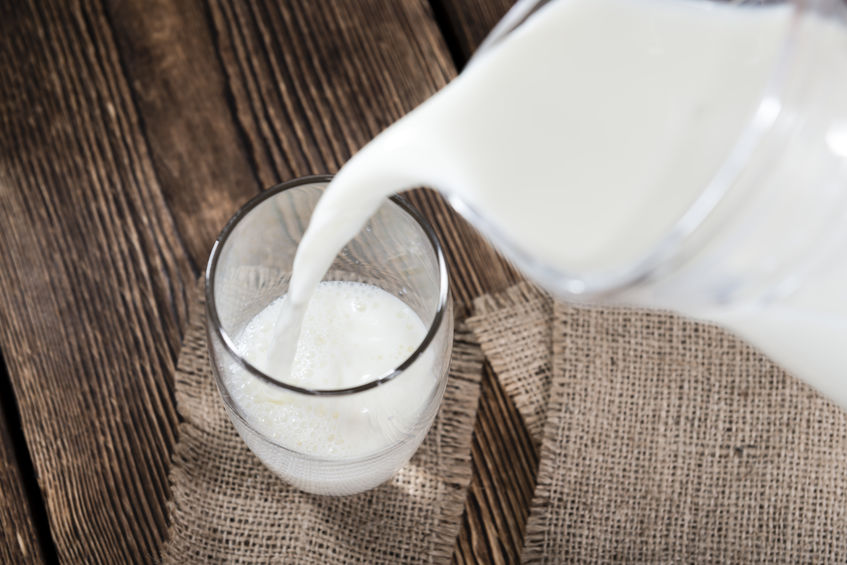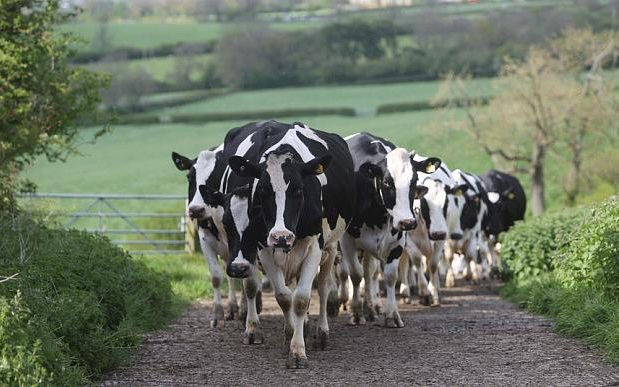
With global demand for dairy products expected to grow over the next ten years, the UK has a good opportunity to unlock new markets post-Brexit, according to a new report.
Dairy UK examined the potential impacts of leaving the European Union and highlighted the importance of maintaining access to the EU market, avoiding border issues with Ireland and developing new free trade agreements abroad.
"In our strategy, our members shared an aspiration to grow their exports by value and volume by 20 to 30% over the next five years," the report said.

"To meet our goals, we need to take stock of and showcase how well the UK dairy industry is doing in terms of innovation and promotion, skilling our industry for the future, food safety and environmental credentials. Getting all of these elements right is essential in a highly competitive export market."
Over the past five years, UK exports of dairy products have been increasing to the EU and also globally, with the volume of global exports increasing by 91% during that period.
"In spite of the uncertainty created by the Brexit negotiations, the UK dairy industry is ready to rise to the challenge and strengthen its position as a global dairy player. Our ability to innovate and invest in the future is second to none and our resilience is legendary."
'80% of dairy exports from UK goes to EU'
80% of dairy exports from the UK go to EU countries, Dairy UK said continued access to the market 'without any tariff' barriers were needed to ensure the industry thrives.
"Clarifying our relationship with the EU must be an utmost priority and dealt with swiftly before negotiating any other trade agreements," the report said.
"Our industry is a key player in the European market. At 14.8 billion litres of milk output per annum, the UK is the third-largest milk producer in the EU after Germany and France and a major contributor to trade cows within and outside the EU."
Once the EU relationship was clarified, the UK had to focus on unlocking new markets and developing 'far-reaching' free trade agreements.
Global demand for dairy products is predicted to increase by 2% per annum over the next ten years and the report said that the British dairy industry can take advantage of developing markets through continuing innovation.
"This could be enhanced by working with the Great British Food Unit to specifically promote British dairy products, alongside generic British food marketing. Free Trade Agreements can effectively remove trade barriers and boost exports of dairy products to growing markets such as the United States, Japan, South-East Asia, North Africa and the Gulf States.
"This means removing barriers such as tariffs and quotas as well as non-tariff barriers such as environmental regulations, labelling, food safety and sanitary regulations.
"As the Brexit negotiations start, it is important to remember that free two way movement of raw material milk and finished product is mission critical to align processing capacity and product capability across the milk field to optimise efficiency and competitiveness," the report said.
